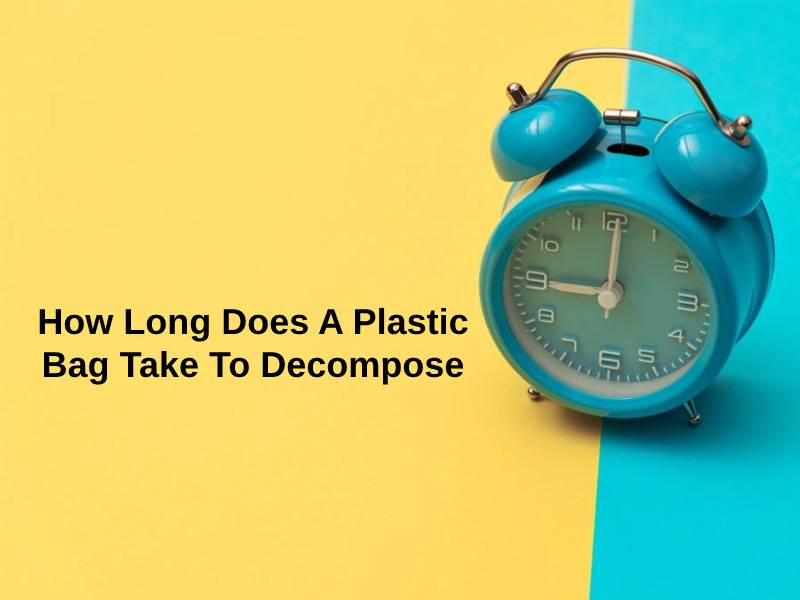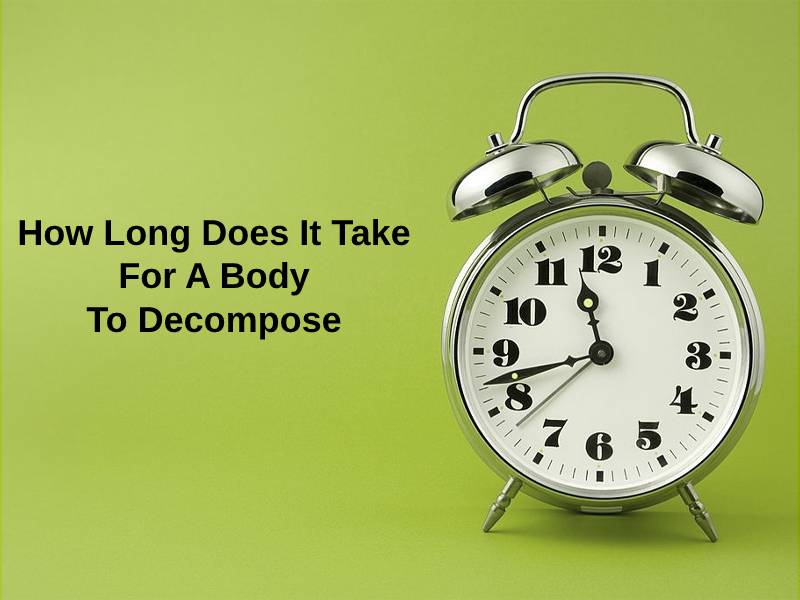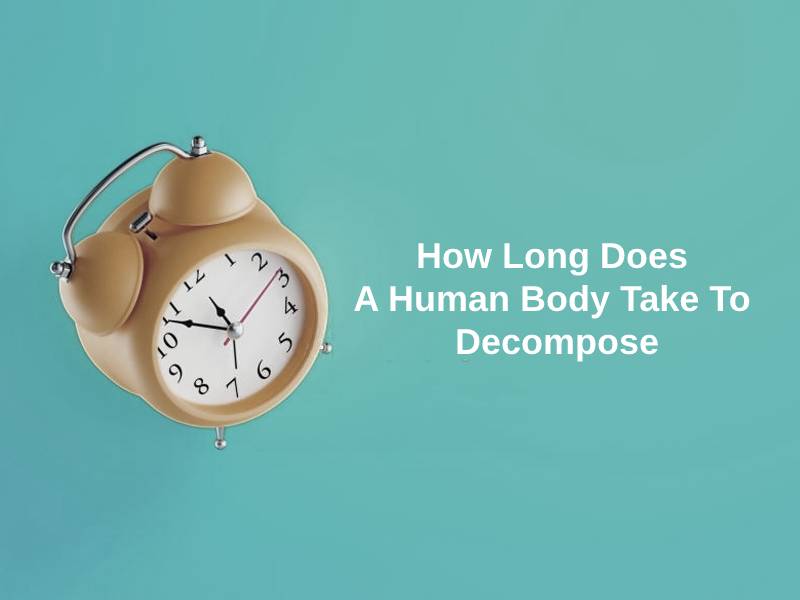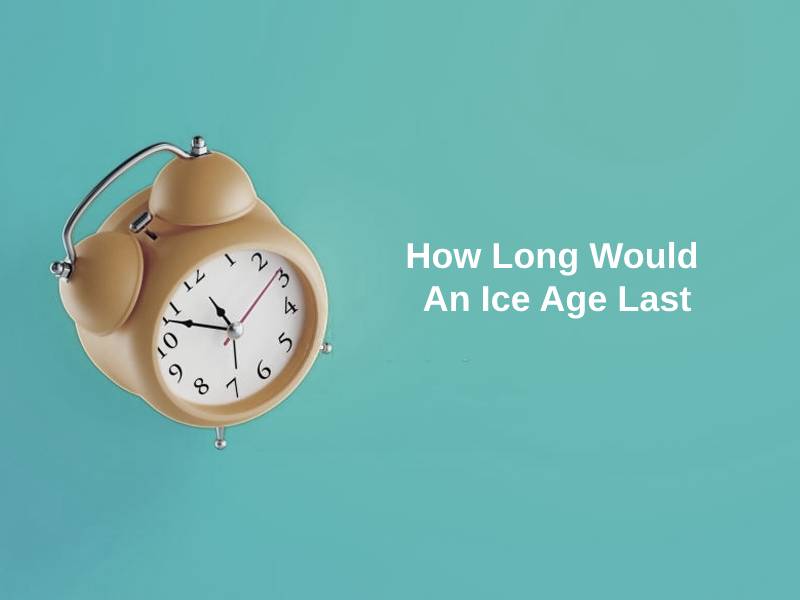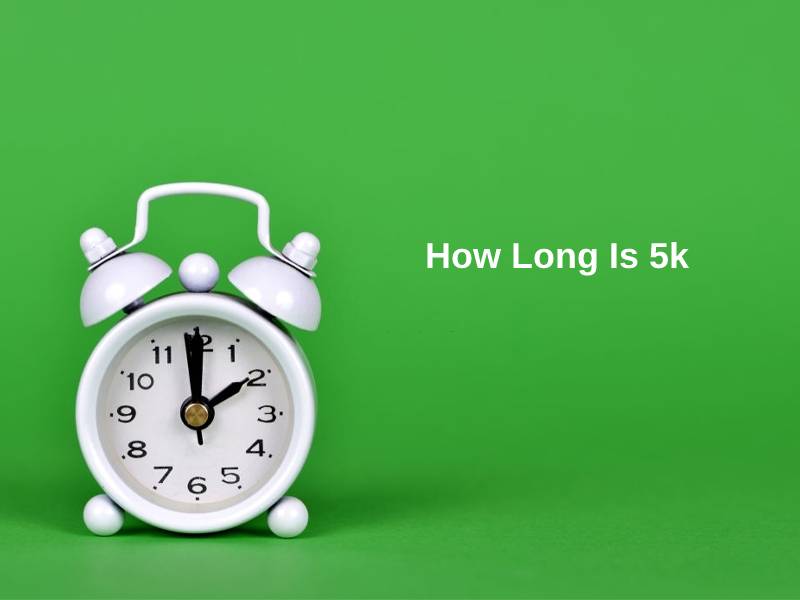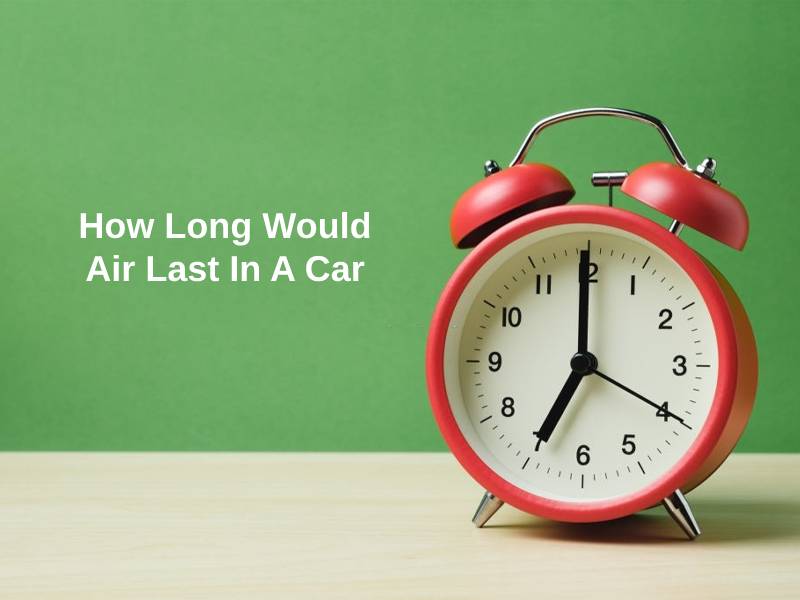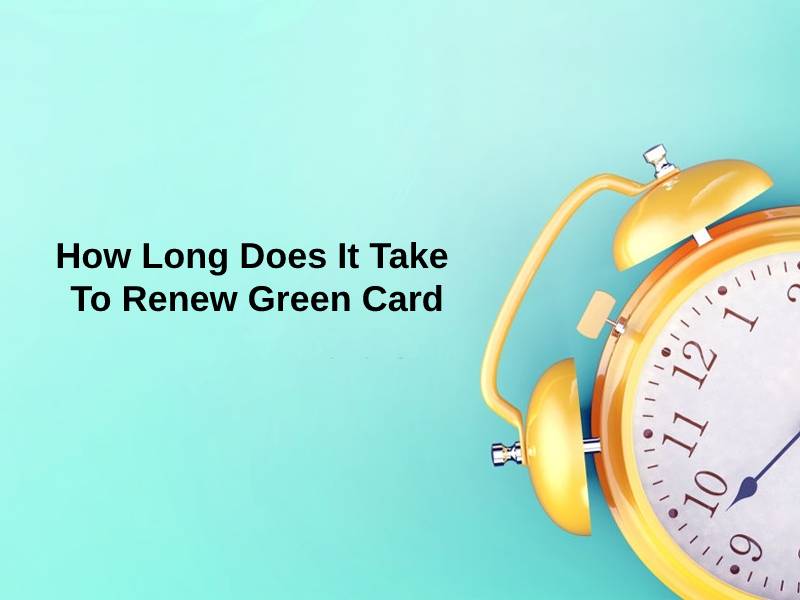Exact Answer: 450 To 900 Years
Plastic is a synthetically made polymer out of polyethylene. Because of its uncountable advantages like lightweight, extremely durable, highly flexible, and most importantly, cheap in cost, plastic has become one of the top most used substances globally.
In the past couple of decades, commercial and household use of plastic has increased worldwide by a rate of 70%. The type of plastic used in the maximum amount is plastic wrap. Other plastic products that are used widely are plastic bags, plastic bottles, and plastic pipes.
However, plastic is easy to build but it takes centuries to decompose. Thus, making plastic a highly dangerous material.
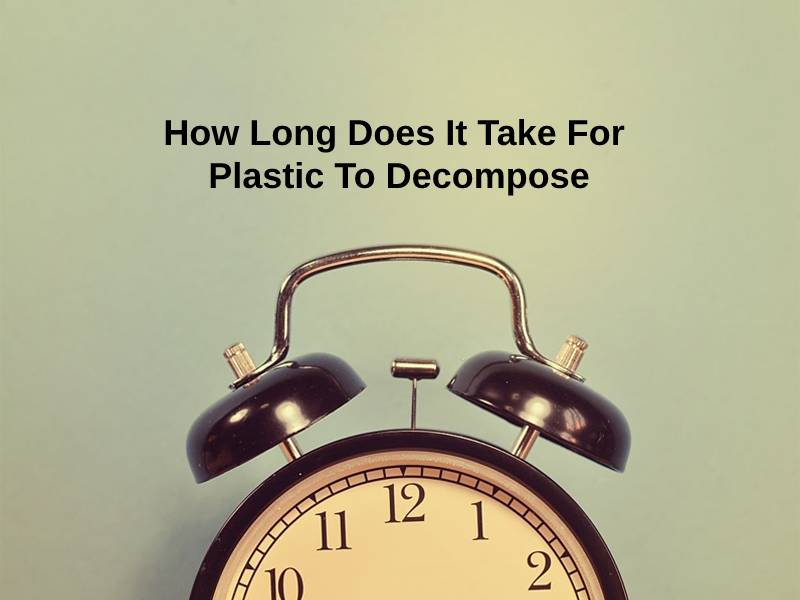
How Long Does It Take For Plastic To Decompose?
Generally, it takes plastic anywhere from 20 to 1000 years to decompose. However, on average, plastic takes 450 to 900 years. Unlike other organic or inorganic materials which undergo degradation and get decomposed within a few months, plastic can take centuries to decompose.
The time it takes for plastic to decompose depends on one major factor that is the type of plastic. Plastic can be of two types: HDPE (High-density polyethylene) and LDPE (Low-density polyethylene). Normally, HDPE takes more time to decompose as compared to LDPE.
Moreover, there are multiple methods to create plastic. Depending upon the manufacturing method, the purpose of plastic, their characteristics also change. Let’s suppose a plastic pipe is supposed to withhold high temperature and pressure. Thus, it is designed in such a way that it can bear all such conditions and consequently takes more time to decompose.
Whereas on the other hand, a plastic bag is used for household purposes and does not have to undergo much external stress. Therefore, such type of plastic is low in density and thus takes less time to decompose.
Here’s a quick insight into how long it takes for plastic to decompose depending upon different types of plastic:
| Type Of Plastic | Time |
| Plastic bags | 10 to 20 years |
| Plastic straws | 200 to 250 years |
| Plastic bottles | 450 to 500 years |
Giving a summary of how long it takes for plastic to decompose, depends on the type of plastic and the purpose it has. Plastic materials that are used for industrial purposes take more than 1000 years to decompose. Whereas, the plastic used for commercial purposes takes around 500 to 1000 years to decompose. Lastly, the plastic used for household purposes can decompose in a shorter period, which can range from 10 to 100 years.
Why Does It Take That Long For Plastic To Decompose?
The major reason behind the slow degradation of plastic is because that the substance, PET (polyethylene terephthalate), the monomer unit of plastic is nearly impossible to break. Be it extreme temperatures, high pressure or any such conditions can’t do anything to break down the component. Although UV light has some properties which work on degrading the plastic, it takes infinite time for complete degradation of plastic.
Plastic has such strong bonds that the synthetic compound is now termed indestructible. Moreover, the polymer is too huge to break down all at once. It takes decades and centuries for plastic to break down into smaller particles.
As time advances, the big polymers break into smaller and smaller particles, but it gets extremely difficult to decompose these smaller particles. These small compounds of polymer reach oceans and water compounds and are mistaken as food by aquatic animals. When they eat this plastic, it causes their internal organs to get covered with plastic and consequently collapse. Ultimately, these aquatic animals die and thus, making these plastic a big threat to aquatic life.
Conclusion
There have been many tests and experimental studies done to find ways to decompose plastic at a faster rate but none of them were found to be good enough. Scientists are still working on this problem but there is a lot more time till we find a good solution to it.
Although there is only one method to help and fix this plastic crisis. That is to reduce the use of plastic in day-to-day life. Using cloth bags instead of plastic bags, paper wraps instead of plastic wraps, metal straws instead of plastic straws, and other such things. These small things might sound like a small thing in general, however, they can make a huge difference in this ecology.


